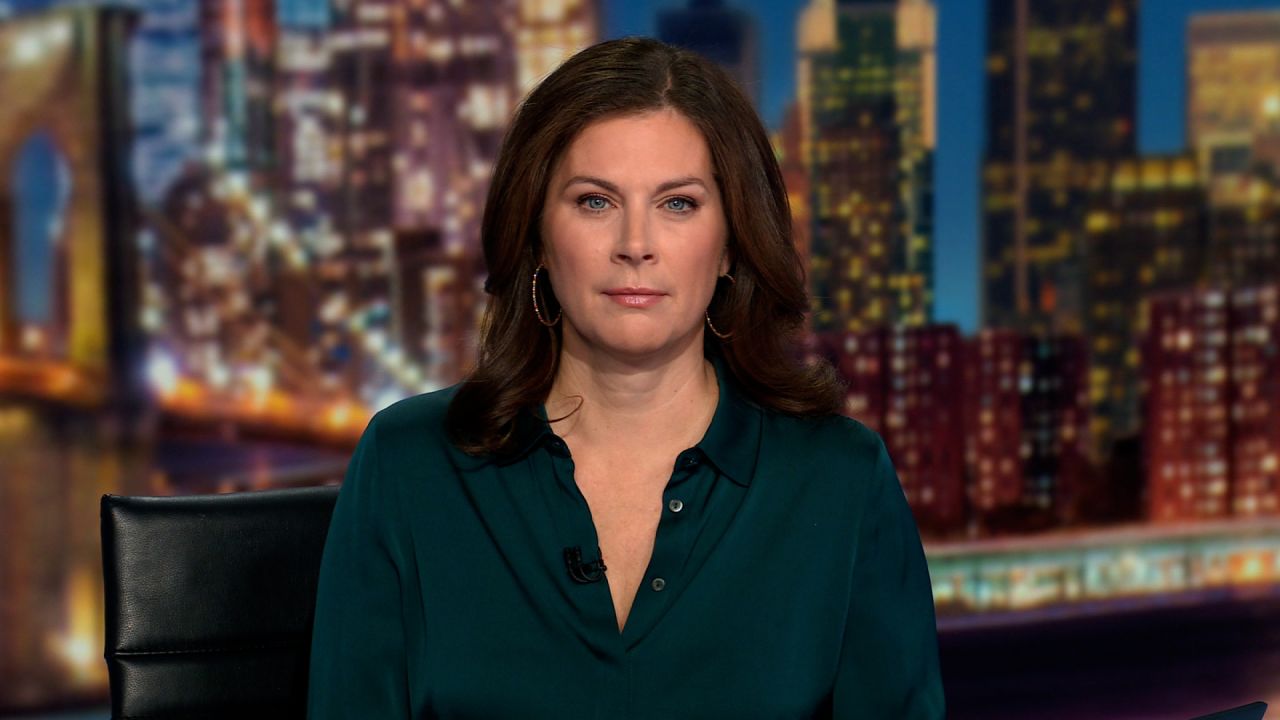Understanding Post-Liberalism: A New Political Landscape Emerges

The rise of political movements associated with figures like Nick Fuentes has sparked widespread debate regarding the concept of “post-liberalism.” This term has become central to discussions surrounding right-wing ideologies, particularly those that include nationalists, populists, and various factions within the conservative spectrum. There is significant contention over what post-liberalism truly signifies, particularly as it intertwines with issues of antisemitism and the more extreme elements of contemporary politics, such as Groyperism.
Understanding post-liberalism requires an examination of two primary strains of thought. The first reflects a rejection of the liberal consensus that characterized the post-Cold War era, often identified as neoliberalism. Proponents of this view advocate for either right-wing or left-wing politics that remain within the broader liberal tradition. The second strain represents a more comprehensive rejection of the entire liberal order. This perspective frequently draws inspiration from both religious and reactionary critiques of liberalism, as well as from Marxist thought, and envisions a future that transcends liberalism, possibly even toward a post-human era.
Distinctive Features and Evolution
These two dimensions of post-liberalism have gained traction collectively as a reaction to perceived crises within liberalism, particularly amid rapid technological and cultural changes. The fluidity of post-liberalism is notable; thinkers often shift between softer and harder interpretations, which complicates the establishment of a clear definition. For example, the Catholic post-liberals—figures like Patrick Deneen, Sohrab Ahmari, and Adrian Vermeule—oscillate between sounding like 19th-century reactionaries and late-20th-century neoconservatives. Similar complexities exist among socialist left thinkers, such as Zohran Mamdani and Hasan Piker, who also engage with post-liberal ideas.
Political post-liberalism emerged not from established theories but from the populist revolts triggered by significant events like the Brexit referendum and Donald Trump‘s unexpected election in 2016. These events caught many intellectuals off guard and have since manifested in various, often unstable forms.
A brief overview of some notable manifestations includes the “peak woke” cultural environment of 2020 to 2022, which, while rooted in academia, resisted clear ideological categorization. Another example is the specific iteration of post-liberalism associated with Trump’s second term, characterized by protectionist policies and allegations of corruption. Additionally, there are managerial systems that attempt to manage populist sentiments through illiberal means, with the United Kingdom’s increasingly censorious policies standing as a prominent illustration.
Contingent Responses to Political Dynamics
None of these iterations fully embody post-liberalism, nor do they stem from a coherent worldview traceable to specific thinkers. Instead, they represent contingent reactions to popular uprisings and elite anxieties, often retrofitted with theoretical underpinnings only after the fact. This reality highlights the complexity of political discourse surrounding post-liberalism, where definitions remain mutable and often subject to interpretation.
The ongoing discourse surrounding post-liberalism illustrates a significant shift in political thought, marked by a rejection of established liberal frameworks and a search for alternative ideologies that resonate with contemporary challenges. As political movements continue to evolve, understanding the nuances of post-liberalism will be essential for comprehending the changing landscape of right-wing politics.






